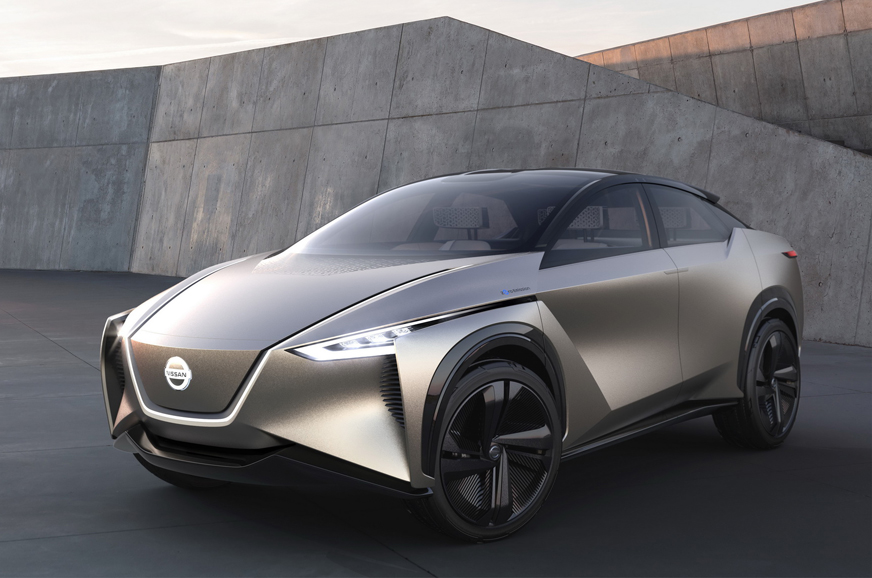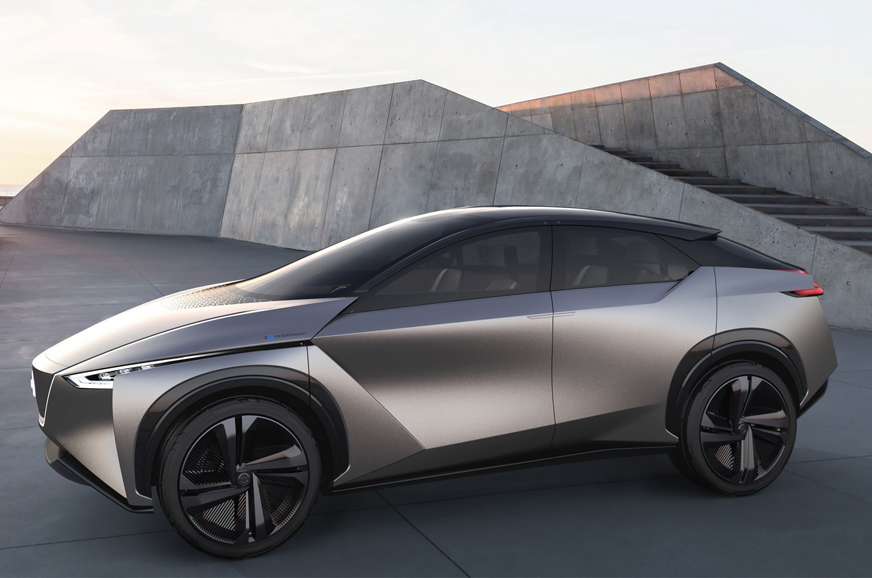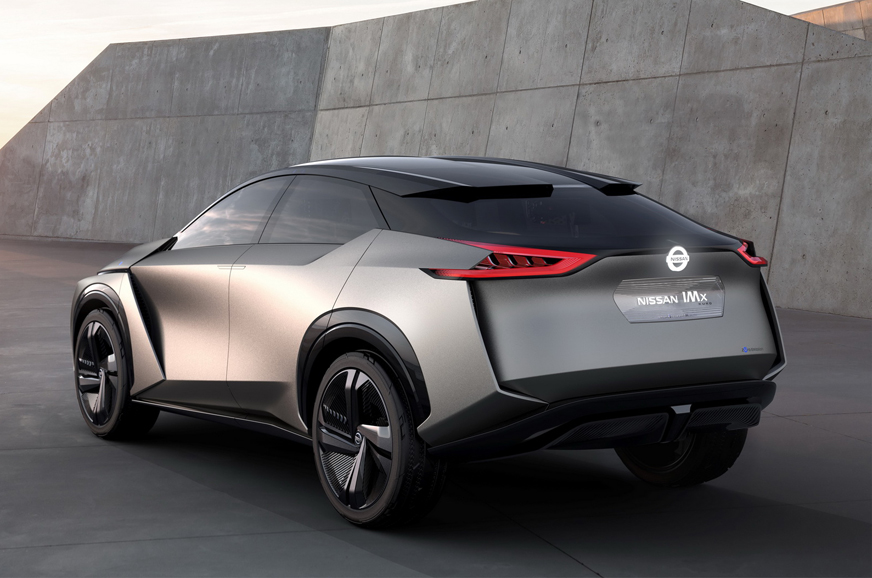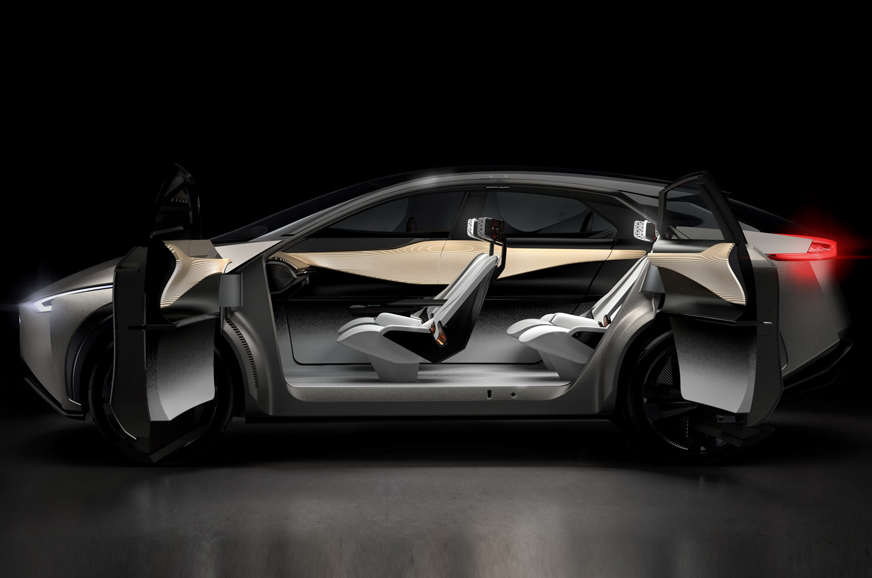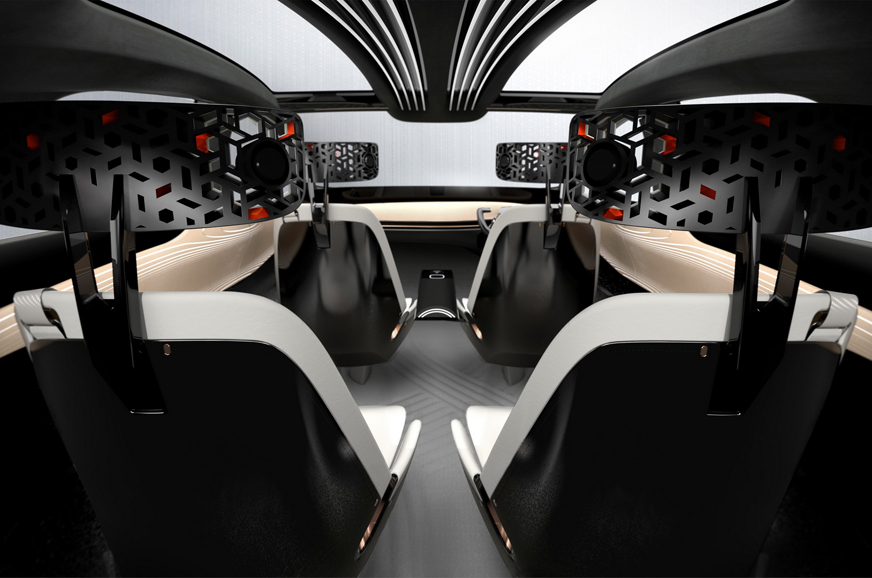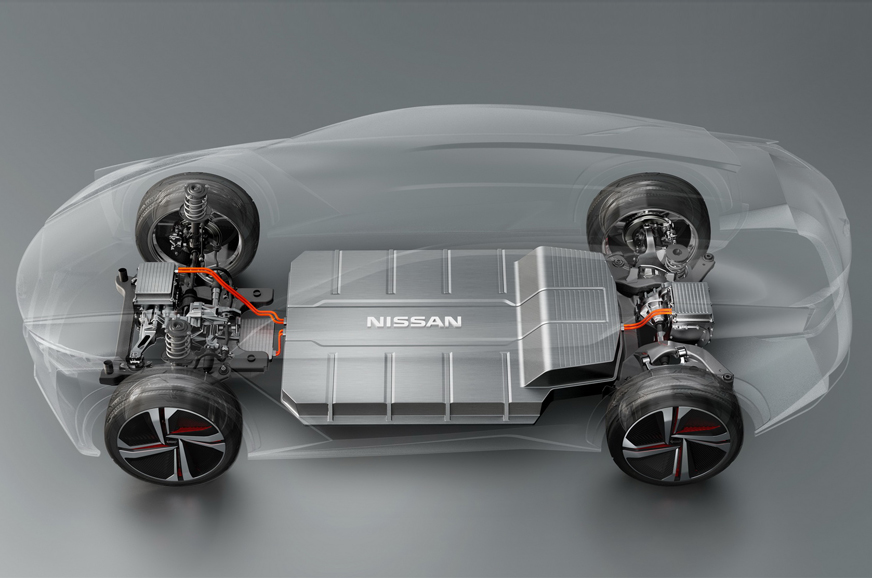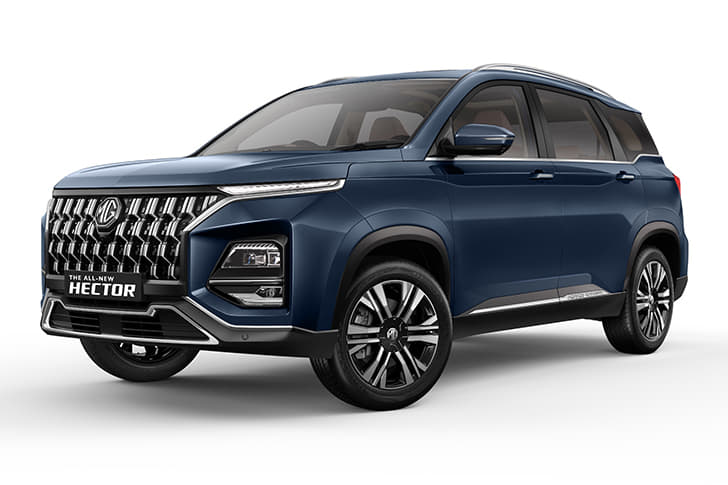Against the backdrop of the Geneva motor show, Toyota Europe has announced it will not offer diesel engines on its passenger vehicles, starting end-2018. However, diesels will continue to be offered on ‘commercial vehicle’ models including the Hilux and the Land Cruiser.
Toyota didn’t cite harmful emissions or the increasingly negative sentiment towards diesels as the reason for its decision to drop oil-burners in its announcement. Instead, the move was attributed to a “natural reaction” to the passenger car customers' demands. Diesels accounted for a mere 10 percent of Toyota’s 9,90,000 passenger vehicle sales in Europe in 2017. In the same period, petrol-electric hybrid vehicles accounted for 4,06,000 units, or 41 percent of passenger vehicle sales, growing 38 percent in volume, year-on-year.
Toyota Europe has disclosed that it will increase its hybrid offerings, over time. The new Auris for the European market got its first public showing at the Geneva motor show. It debuts a new 180hp, 2.0-litre petrol-electric hybrid powertrain which will make its way to other models built on Toyota’s New Global Architecture (TNGA). The Auris will also be offered with a 122hp, 1.8-litre hybrid unit as well as a 1.2-litre turbo-petrol engine. There will be no diesel options for the Auris.
Toyota’s announcement comes just weeks after Porsche announced its own decision to move away from diesel engine manufacture, save for the Cayenne SUV. Diesel has taken a battering after the infamous ‘Dieselgate’ emissions scandal leading to the political stance in countries the world over becoming decidedly anti-diesel. Just days ago, Germany’s top court granted cities the right to ban diesel cars.
No diesel for Yaris?
In India too, many manufacturers are reconsidering their diesel engine programs. This has lesser to do with a drop in demand (sales are petering out in India at a far slower rate than European countries) and more to do with the stringent BS-VI emission norms that come into effect in 2020. Fiat, who currently supplies its 1.3-litre Multijet engine to Maruti and Tata, will not upgrade it. Volkswagen, too, will pull the plug on its 1.5-litre engine, come 2020. Toyota India, too, is unlikely to offer the upcoming Yaris sedan with a diesel engine. The current 1.4-litre engine that powers the Etios, Liva and Corolla could be facing the axe as the high costs to upgrade the engine to meet the new emission standards will drive up prices, substantially.
Toyota has been vocal about hybrids being the way forward in India and could be looking to substitute high-efficiency diesels with petrol-electric hybrids, since costs for the latter rationalise with greater localisation.


















